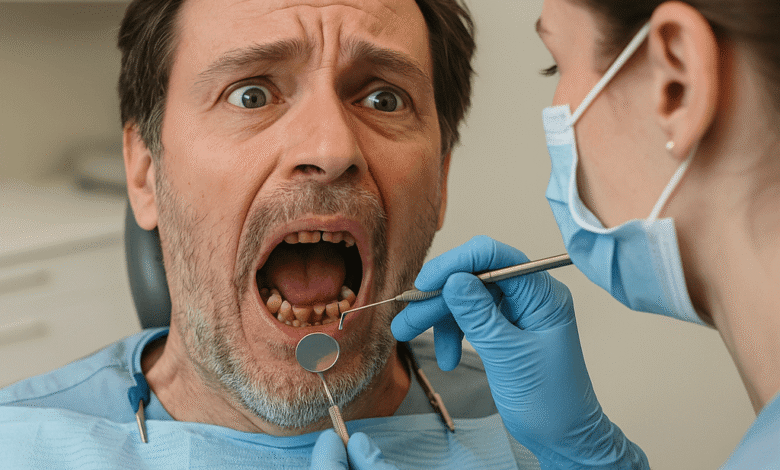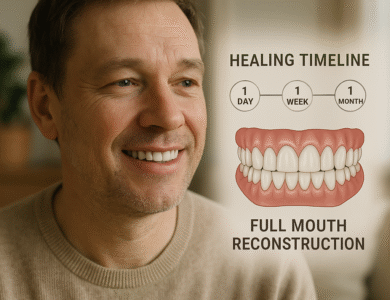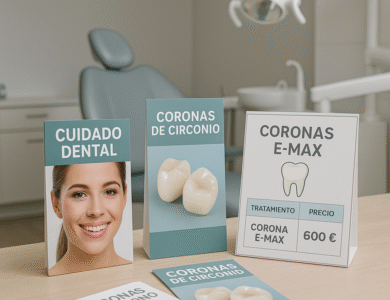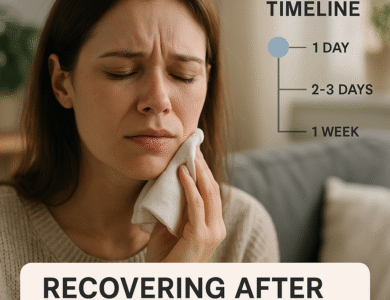
What Happens If You Have not Visited the Dentist in 15 Years? 7 Critical Effects You Must Know
What Happens If You Have not Visited the Dentist in 15 Years? 7 Critical Effects You Must Know
Neglecting dental care for an extended period, such as 15 years, can lead to a myriad of serious oral health problems. If you have not visited the dentist in 15 years, it’s crucial to understand the potential consequences and take immediate action. Maintaining a consistent dental routine is not only essential for your teeth but also for your overall health. In this comprehensive guide, we explore the dangers of long-term dental neglect, the physical and psychological impacts, and how to restore your oral health after years of skipping dental visits.
The Dangers of Long-Term Dental Neglect
When you have not visited the dentist in 15 years, multiple issues may arise, often worsening over time. Here are the most common consequences of long-term dental neglect:
-
Cavities and Tooth Decay
Without regular check-ups, cavities are almost inevitable. If left untreated, decay can worsen, affecting deeper layers of your teeth and causing severe pain. -
Gum Disease (Periodontitis)
Prolonged absence from dental care increases the risk of gum disease, which can lead to swollen, bleeding gums and eventual tooth loss. -
Tooth Loss
Untreated decay and gum disease can weaken teeth, making extraction necessary. Missing teeth can also impact your bite and chewing ability. -
Oral Infections
Bacteria accumulate in neglected mouths, causing abscesses, infections, and in some cases, systemic infections that affect other organs. -
Bad Breath and Plaque Buildup
Chronic neglect often results in persistent bad breath (halitosis) and thick plaque, which may be difficult to remove without professional cleaning. -
Misalignment and Bite Problems
Teeth naturally shift over time. When combined with missing teeth or decay, this can lead to alignment issues that complicate further dental treatment. -
Reduced Aesthetic Confidence
Yellowed, broken, or missing teeth can affect your self-esteem and willingness to smile, impacting social and professional interactions.
Physical and Psychological Effects of Neglecting Dental Care
The consequences of neglecting your teeth go beyond the mouth. If you have not visited the dentist in 15 years, you may experience:
- Physical Health: Poor oral health is linked to various systemic conditions, such as heart disease and diabetes.
- Pain and Discomfort: Chronic dental issues can lead to ongoing pain, affecting daily life and overall well-being.
- Self-Esteem Issues: Dental problems can lead to self-consciousness about one’s smile, affecting personal and professional relationships.
How to Recover After 15 Years Without a Dentist
Even if you have not visited the dentist in 15 years, it’s never too late to restore your oral health. Follow these steps to catch up on dental care:
-
Schedule an Initial Appointment
Choose a reputable dentist for a comprehensive evaluation. Be honest about your dental history and any discomfort you’re experiencing. -
Undergo a Comprehensive Check-Up
Expect a full oral exam, including X-rays, to detect cavities, gum disease, and other hidden issues. -
Develop a Tailored Treatment Plan
Your dentist will prioritize urgent treatments, such as cavities, infections, or gum disease, and create a step-by-step plan for full restoration. -
Follow Through with Corrective Treatments
Depending on your oral health, this may include fillings, root canals, deep cleanings, extractions, or even implants. -
Commit to a Preventive Routine
Adopt a long-term dental care plan with regular check-ups, brushing, flossing, and proper oral hygiene to prevent further neglect.
Frequently Asked Questions (FAQs)
1. Is it too late to visit the dentist if I haven’t been in 15 years?
No, it is never too late to seek dental care. A dentist can help you restore your oral health, regardless of how long it’s been.
2. Will dental work be painful after so long?
Many patients experience anxiety about dental work, especially after a long hiatus, but modern dentistry offers pain management solutions to ensure comfort during treatment.
3. Can neglecting dental visits lead to serious health problems?
Yes, poor oral health can contribute to systemic health issues, including cardiovascular diseases and diabetes.
4. How painful will dental work be after 15 years?
Modern dentistry uses advanced techniques and anesthesia to minimize discomfort. Your dentist can also provide sedation or pain management solutions if needed.
5. Can long-term neglect cause serious health problems?
Yes. Poor oral health can contribute to cardiovascular disease, diabetes, infections, and other systemic complications.
6. How long will it take to fix 15 years of dental neglect?
The timeline depends on the severity of the issues. Comprehensive treatment plans can span weeks or months but aim for a full restoration of oral health.
7. What preventive measures should I take after long-term neglect?
Regular check-ups, proper brushing and flossing, using mouthwash, a balanced diet, and avoiding tobacco are essential for maintaining restored dental health.
8. Are dental implants or prosthetics necessary after such a long gap?
In severe cases of tooth loss or decay, your dentist may recommend implants, crowns, or bridges to restore function and aesthetics.
9. Can oral hygiene alone reverse damage from 15 years without a dentist?
While good oral hygiene can prevent further damage, professional intervention is necessary to treat cavities, infections, and alignment issues.
Conclusion
If you have not visited the dentist in 15 years, your oral health may be at risk, but recovery is possible. Understanding the dangers of long-term dental neglect and taking prompt action can prevent serious complications, restore your smile, and improve overall health.
Don’t wait any longer! Download Docintur today to connect with physicians, hospitals, and clinics for timely dental care. Explore inspiring before-and-after photos and patient stories at docintur.com.





